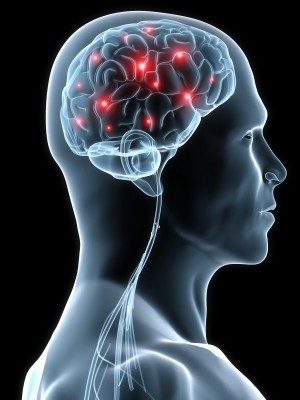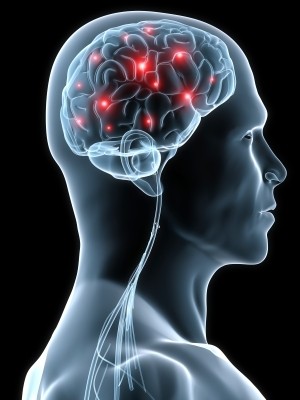DHA omega-3 ‘not useful’ for Alzheimer’s patients
Writing in the Journal of the American Medical Association (JAMA), researchers report that DHA at a dose of 2 grams per day did not affect cognitive and functional abilities after 18 months of supplementation.
“Despite enrollment of the target population of individuals with low baseline DHA, increase of plasma phospholipid and cerebrospinal fluid DHA in the group treated with DHA, and ample progression of randomized participants on the primary outcome measures, there was no evidence of benefit of DHA supplementation in this population,” wrote the researchers, led by Joseph Quinn, MD, of Oregon Health and Science University.
“The hypothesis that DHA slows the progression of mild to moderate Alzheimer disease was not supported, so there is no basis for recommending DHA supplementation,” they added.
Response
The study’s findings should not diminish the important benefits of DHA, however, said the Council for Responsible Nutrition (CRN), and that more research should be done. “The concern with this study is that it focused on supplementing DHA in individuals who were currently coping with Alzheimer’s disease,” said Duffy MacKay, ND, vice president, scientific & regulatory affairs, CRN.
“It didn’t answer the question of whether DHA—taken over long periods of time and several years prior to disease onset—could have helped prevent these participants from developing the disease.
“Further, the study only tested DHA under the assumption that it could be used as a treatment, which is highly unlikely given how little we know about Alzheimer’s disease. There is still much to be learned about the potential of DHA—and all omega-3 fatty acids—and the many health benefits they offer consumers,” added Duffy.
Study details
The results echo those presented at the Alzheimer's Association 2009 International Conference on Alzheimer's Disease (ICAD 2009) in Vienna, which suggested that DHA may improve both memory function and heart health in healthy older adults, but the omega-3 had no general impact on the cognitive health of people with mild to moderate Alzheimer's.
Quinn and his co-workers randomly assigned individuals with mild to moderate Alzheimer’s disease to receive either the daily DHA supplement (2 grams per day, Martek) or placebo for 18 months. A total of 295 participants completed the trial.
Assessing the participants’ cognitive and functional abilities using the Alzheimer's Disease Assessment Scale showed no significant difference in ADAS scores between the placebo and DHA group.
Furthermore, the rate of brain atrophy – determined by volumetric magnetic resonance imaging (MRI) – was no different between the groups, said the researchers.
“Because part of the rationale for the trial was epidemiological evidence that DHA use before disease onset modifies the risk of Alzheimer disease, it remains possible that an intervention with DHA might be more effective if initiated earlier in the course of the disease in patients who do not have overt dementia,” wrote the researchers.
Comment
In an accompanying editorial, Kristine Yaffe, MD from the University of California, San Francisco called the trial ‘well-conducted’ but said it added to the “continued frustration over lack of effective interventions and prognostication” for Alzheimer’s disease.
CRN’s Duffy added: “Whether through diet or through the use of dietary supplements, individuals should ensure they are receiving adequate amounts of DHA and EPA, and they shouldn’t wait until they begin to experience symptoms of a health concern.
“Should consumers choose to get the recommended amounts of DHA through dietary supplements, they should also remember that supplements are not a cure or treatment for any disease—but when incorporated into a healthy lifestyle, they can play an important role in maintaining overall health and wellness.”
Source: JAMA
2010, Volume 304, Number 17, Pages 1903-1911
“Docosahexaenoic Acid Supplementation and Cognitive Decline in Alzheimer Disease: A Randomized Trial”
Authors: J.F. Quinn, R. Raman, R.G. Thomas, K. Yurko-Mauro, et al.
Editorial : JAMA
2010, Volume 304, Number 17, Pages 1952-1953
“Treatment of Alzheimer Disease and Prognosis of Dementia”
Author: K. Yaffe














